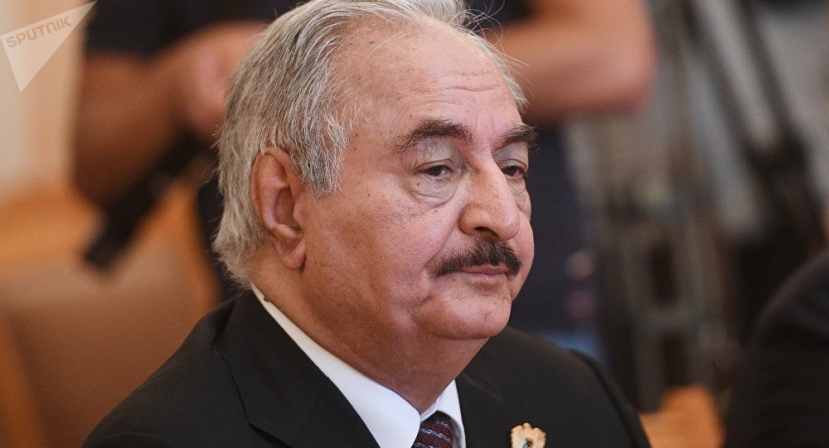The Libyan Political Agreement reached in December 2015 in Skhirat outlined the creation of the GNA as the interim Libyan government. The United Nations praised the accord, recognized GNA as the only legitimate Libyan government, and called on its member states to seize support to and official contacts with parallel institutions. However, the deal’s provisions have not been fully implemented so far due to existing contradictions.
“With the onset of December 17, 2017, the so-called political agreement ends, and all bodies formed according to it automatically lose their legitimacy, which is controversial from the first day of their work,” Libyan National Army Commander Gen. Khalifa Haftar said on the occasion of the second-year anniversary of the Skhirat accord.
The commander noted that the army has been engaged in the talks with various international actors on the settlement of the crisis in Libya and urged holding of elections, but its efforts fell short due to the “UN weakness and local stubbornness.”
The Libyan national army was threatened with international measures if it decides to act outside of the UN efforts, even though the army only obeys the will of the “free Libyan people,” according to Haftar.
"We strongly reject the method of threats and intimidation and promise to the Libyan people that we vow to protect them and their capabilities and institutions to the last soldier in our ranks, and also declare our refusal to submit… to any party, whatever source of its legitimacy, if it was not elected by the Libyan people," Haftar stressed.
Libya has been in turmoil since the 2011 civil war that resulted in the overturn of country’s longtime leader Muammar Gaddafi. The eastern part of the crisis-torn state is governed by its parliament, with headquarters in the city of Tobruk. The parliament is backed by the Libyan National Army. At the same time, the GNA, headed by Fayez Sarraj, operates in the country's west and is headquartered in Tripoli.
The absence of a central authority and central army in the country have turned Libya into a smuggling center and a transit point for migrants, who are on their way from Africa to Europe.

